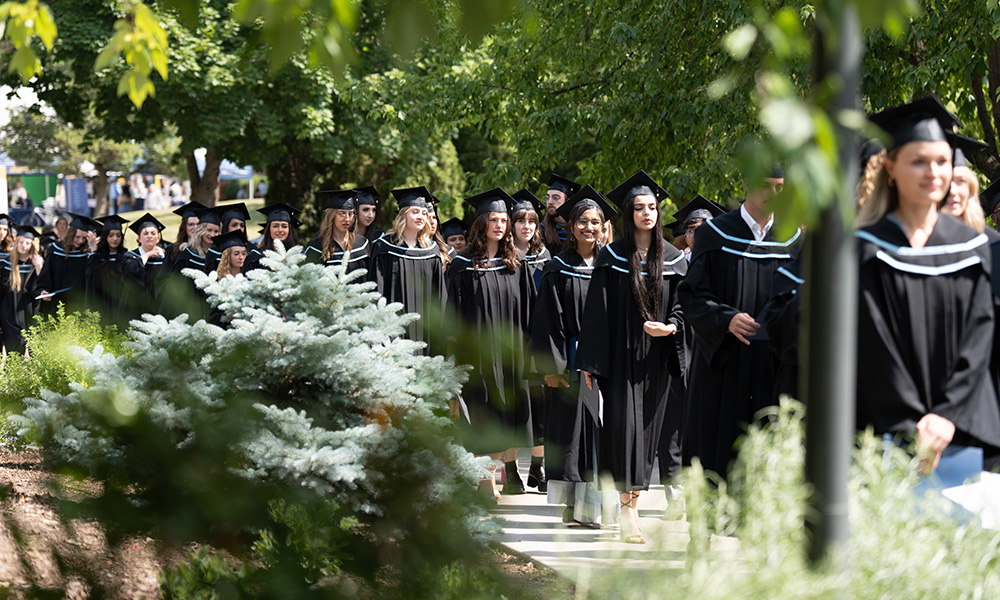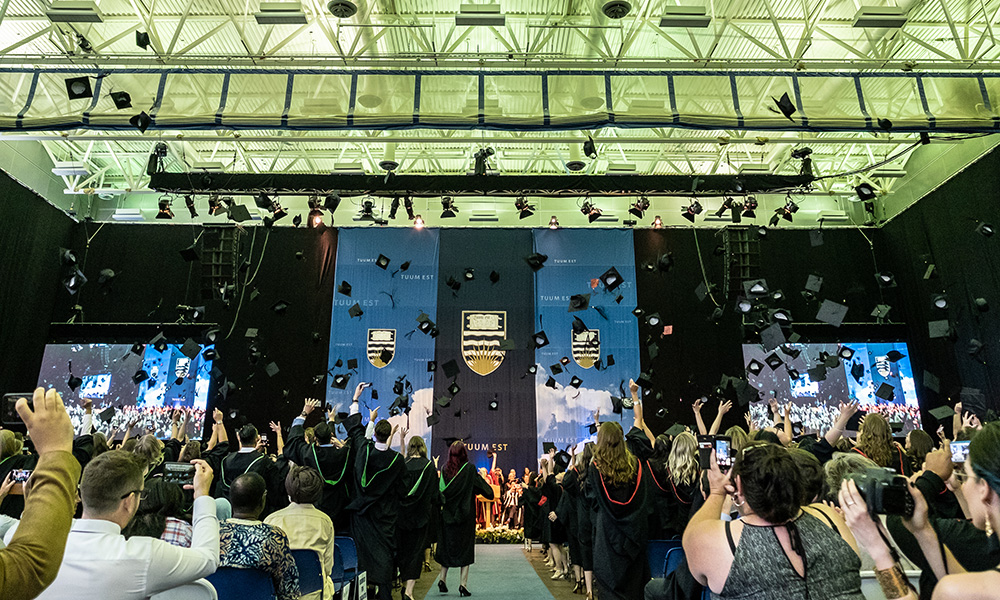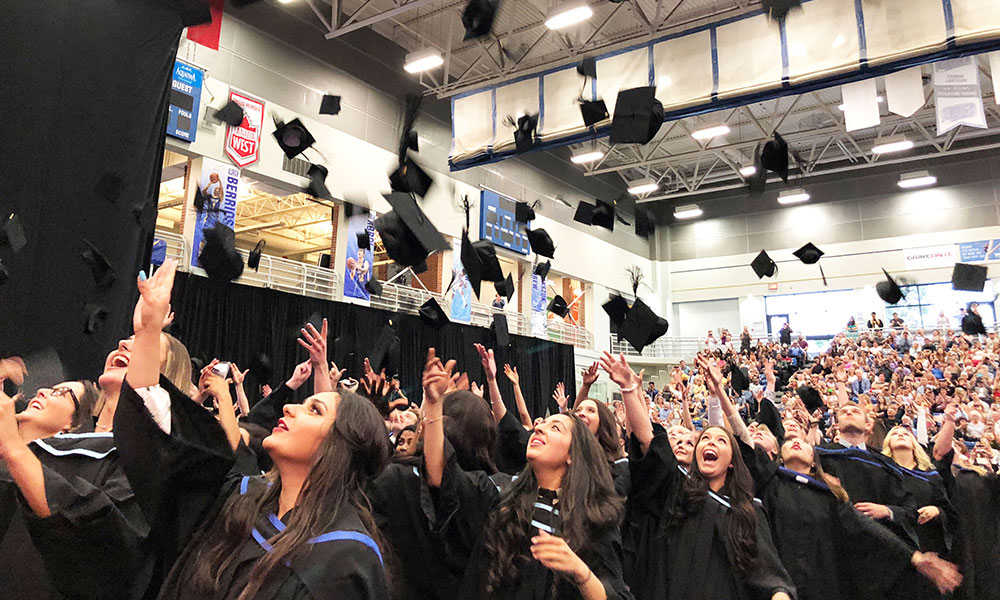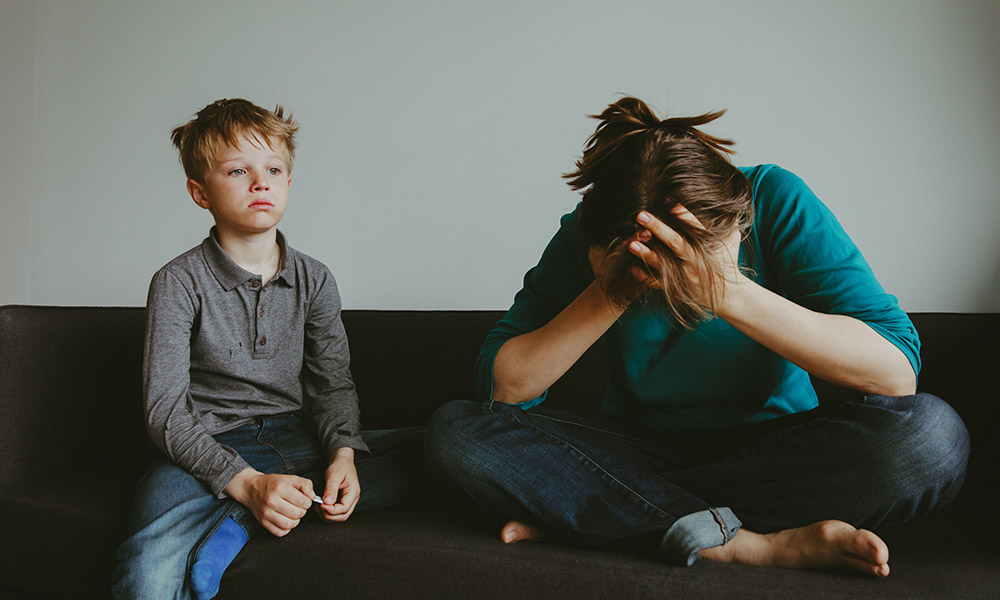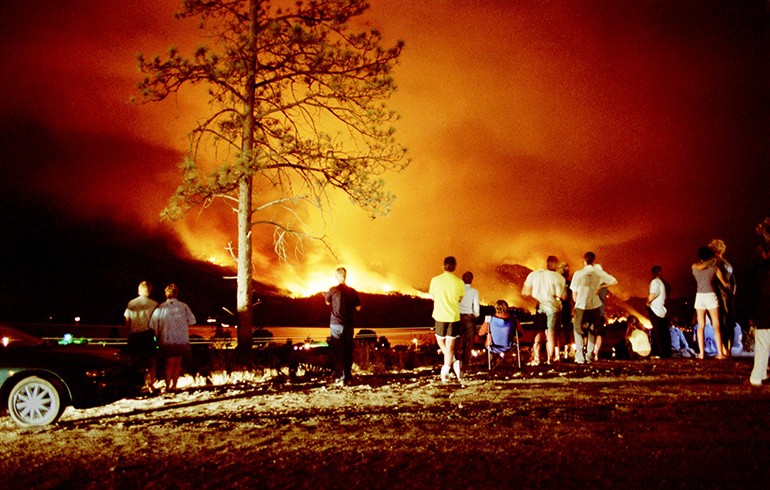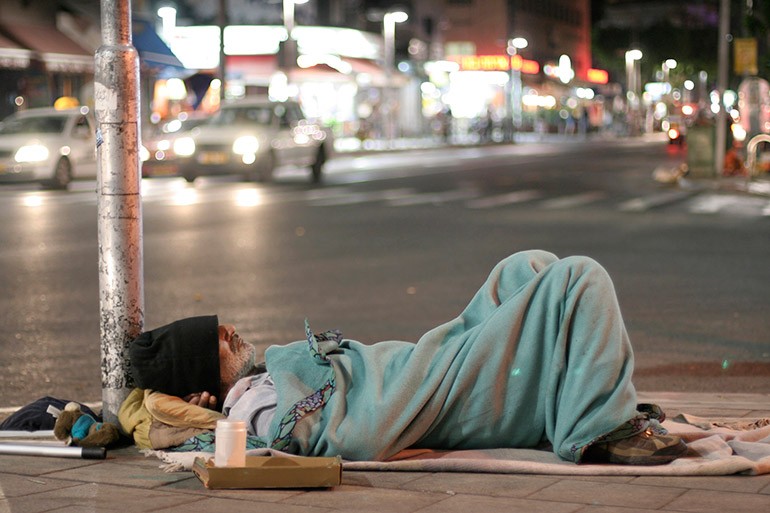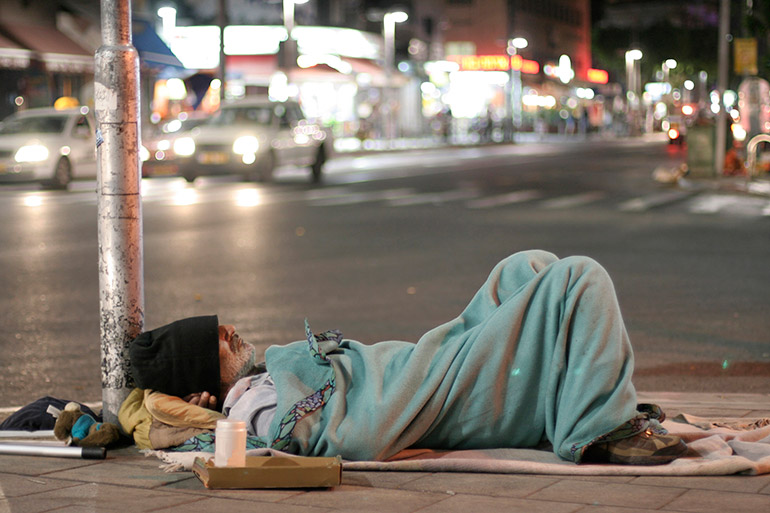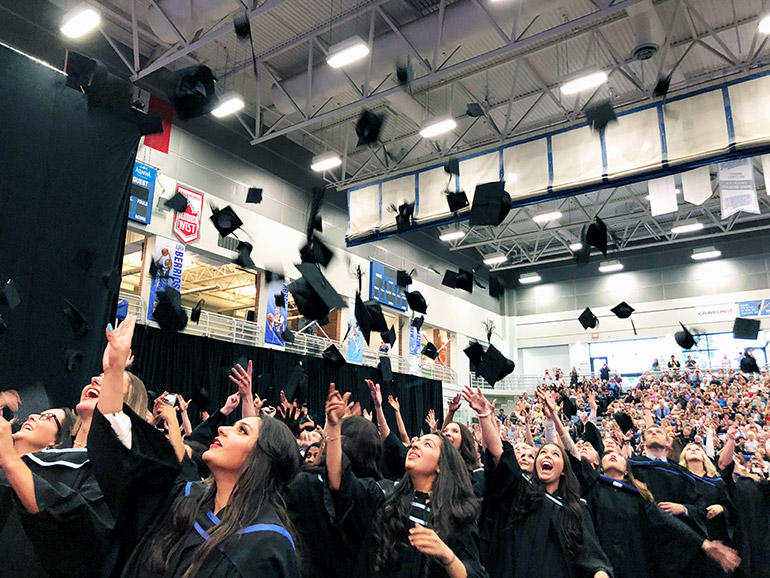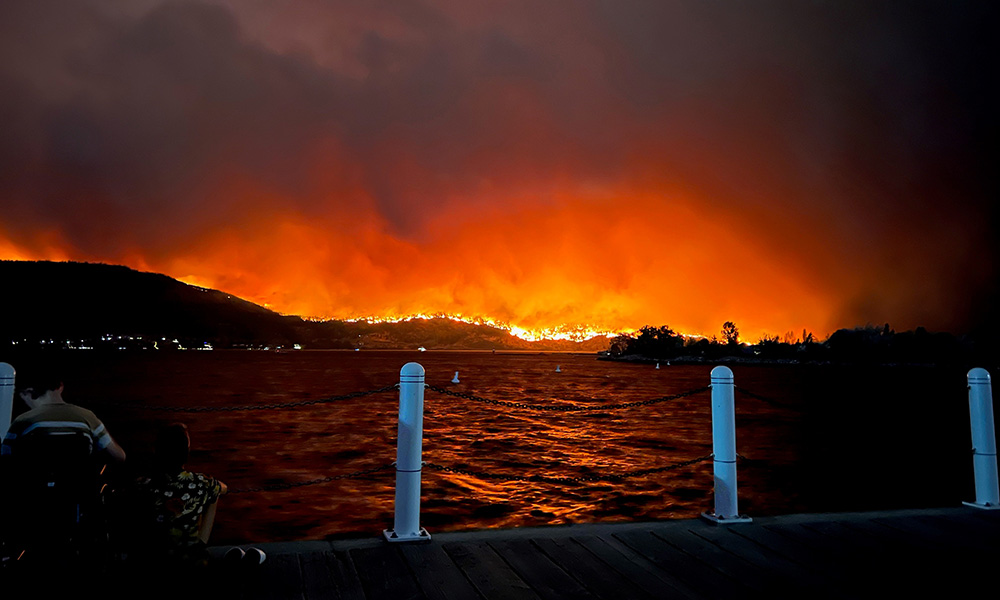
UBCO’s Dr. Mary Ann Murphy discusses the emotional recovery after the trauma of experiencing a wildfire.
A year after the 2003 Okanagan Mountain Park fire, a team of UBC Okanagan researchers reached out to people who had lost their homes in the fire. Some 25 Okanagan families were interviewed, sharing their emotional journey of recovery after the wildlife.
Mary Ann Murphy, an Associate Professor of Sociology at UBC Okanagan’s Faculty of Arts and Social Sciences and with the School of Social Work, has become an expert on the emotional aspect of recovering from trauma—especially the devastation of wildfires.
Dr. Murphy, along with fellow UBCO researchers David Scott, Fern Helfand and Penny Cash, took the information gleaned from those interviews and created a Kelowna Museum exhibition titled The Meaning of Home. The exhibition included fire science and artifacts, along with images depicting the primary themes of impact and loss identified by both the families and first responders.
What the researchers learned 20 years ago resonates today as the communities of the Central Okanagan continue to deal with the reality of the Grouse Complex Wildfire which caused damage in Kelowna, West Kelowna and Lake Country and continues to burn today.
What did you learn when you interviewed those who had lost their homes in 2003?
There was a profound sense of guilt felt by those who left behind simple but irreplaceable mementos that represented deeply embedded memories—children’s trophies and stuffed animals, family heirlooms and old, inexpensive keepsakes that most represented what they cherished about their home and history.
They grieved, had sleepless nights, health problems and worked to help their children adjust to new neighbourhoods and friends. And, they mourned about living with the incredible loss of what was more than a structure—as every comfort, every family routine and ritual, everything familiar was turned upside down. They struggled with the loss of something that many people work, sacrifice, tend to and care about. Many said it was not a house, but a home—a place that is a welcoming safe harbour, a site of shared history, comfort, celebrations and traditions.
Why did you feel it was important to tell the stories of those who had lost their homes?
We wanted to share the depth and significance of their loss. We captured the very personal impact of the fire and related their stories. The exhibition included fire science and artifacts, along with images depicting the primary themes of impact and loss identified by both the families and a number of the FortisBC power line technicians who were among the first to enter the fire areas.
Museum visitors left familiar reflections on the depth and significance of what was lost: “…seeing the fire was … [eerily] awesome. The most heart-breaking sight was watching the people drive by with all of their belongings in their vehicles. The most wonderful thing was hearing how your community came together.”
How do the people who live in the Central Okanagan brace for the future?
It has been an astonishing 20 years since the historic 2003 Okanagan Mountain Park wildfire—an event that destroyed more than 25,000 hectares of parkland, forced more than 33,000 people to evacuate and levelled 238 homes. At the time, it was one of the largest wildland-urban interface fires in Canadian history. It forever changed our landscape and our psyche.
We could never have anticipated that 20 years later, almost to the date, we would be living under a provincial state of emergency, evacuations, homes destroyed, smoke-filled skies and hundreds of fires would become what we are told may be our “new normal.”
To prepare for the future, find information about making your home as fire smart as possible. And keep in mind, at any time, you may have short notice to evacuate. Know where those important documents are and keep a list handy of things you would need to take with you.
What message would you give to all those who have been affected by this wildfire?
Remember, things will get better.
However, don’t suffer alone. Advice from previously impacted families is to reach out for help, continue to share how you’re feeling and doing with friends and neighbours as well as look next door to see if anyone from your street might still need help. Talk with your children in case they feel guilty about what was left behind and let them know that this turmoil is normal.
As we heal and move forward, you will learn that this was one of our region’s “finest and darkest hours” and that the simple outpouring of concern from everyone far and wide is entirely sincere. Get back to the people you haven’t heard from in ages who expressed concern. Let them know how you are truly feeling. Families previously impacted have said this can be a great opportunity to reset your priorities.
And finally, try to be patient. The fires aren’t fully under control and some sites simply aren’t safe yet. But we will get through this. We are a resilient and caring community. In all, take great comfort from all of those—including first responders—who have cared for us and avoided the loss of life.
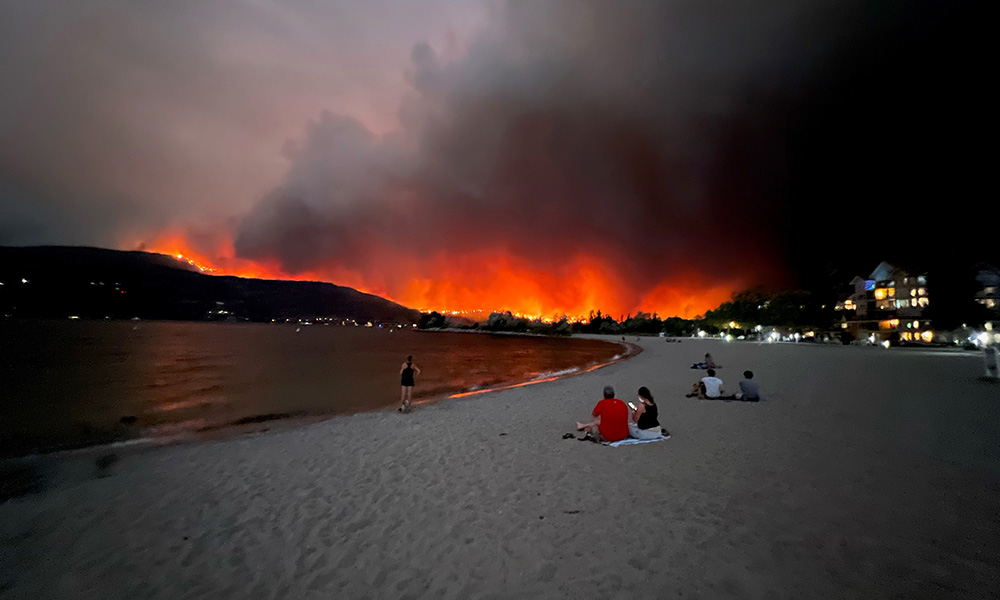
The post Discussing what comes after a crisis appeared first on UBC Okanagan News.

